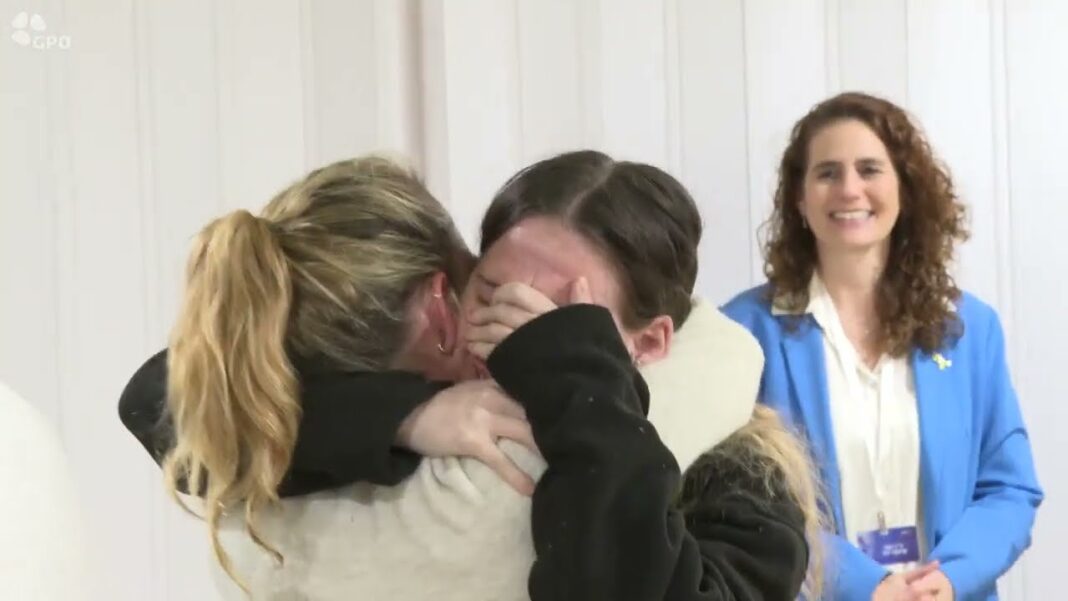‘It was a leap of faith, but we had no other option,’ said Georgia rancher Avery Wrigglesworth.
WEST POINT, Ga.—At a time when thousands of America’s independent cattle farmers are going under each year, and herds falling to a 70-year low, one young couple believes they have found a way to save their family farm.
Livestock farming is now a far cry from what it once was, when ranchers would sell into competitive markets with prices based on quality, as well as prevailing supply and demand.
Today, four global meatpacking corporations—U.S.-based Cargill and Tyson Foods, and Brazilian-based JBS and National Beef/Marfrig—together buy 85 percent of all cattle in the United States, and many once-independent ranchers have devolved into contract labor for these companies, often selling at prices that don’t cover their costs.
The result has been an aggregate loss of 655,000 cattle farms since 1980, with an average of 20,000 ranches going under per year in America over the past five years.
After years of losing money under this system, however, Avery and Marc Wrigglesworth, owners of Lily Hill Farm in West Point, Georgia, decided to take a different path. The only way to survive, they said, was to build their own market that sells directly to customers.
While Avery grew up on the Georgia farm, Marc was raised on Jersey, a small island in the English Channel. They met in Jersey where they both were working office jobs in the finance industry.
In 2019, Avery was told by her father that the family’s farm, originally founded by her grandfather after he returned home to Georgia from a POW camp in Germany after World War II, would be sold. The herd had been sold off, down to 80 cattle, in order to pay debts, and the farm had fallen into what Marc calls a “death spiral.”
What was left was no longer able to generate enough income to keep the business going. Avery and Marc decided to quit their jobs and move to Georgia, hoping that the farm could be saved.
“We are now the third generation, and there’s always been something that’s drawn me to this place,” Avery told The Epoch Times. “It would have broken my heart to see it parceled up, and houses and subdivisions built all over it.
“I just felt like it needed to have one last chance to see if we could turn it around.”






